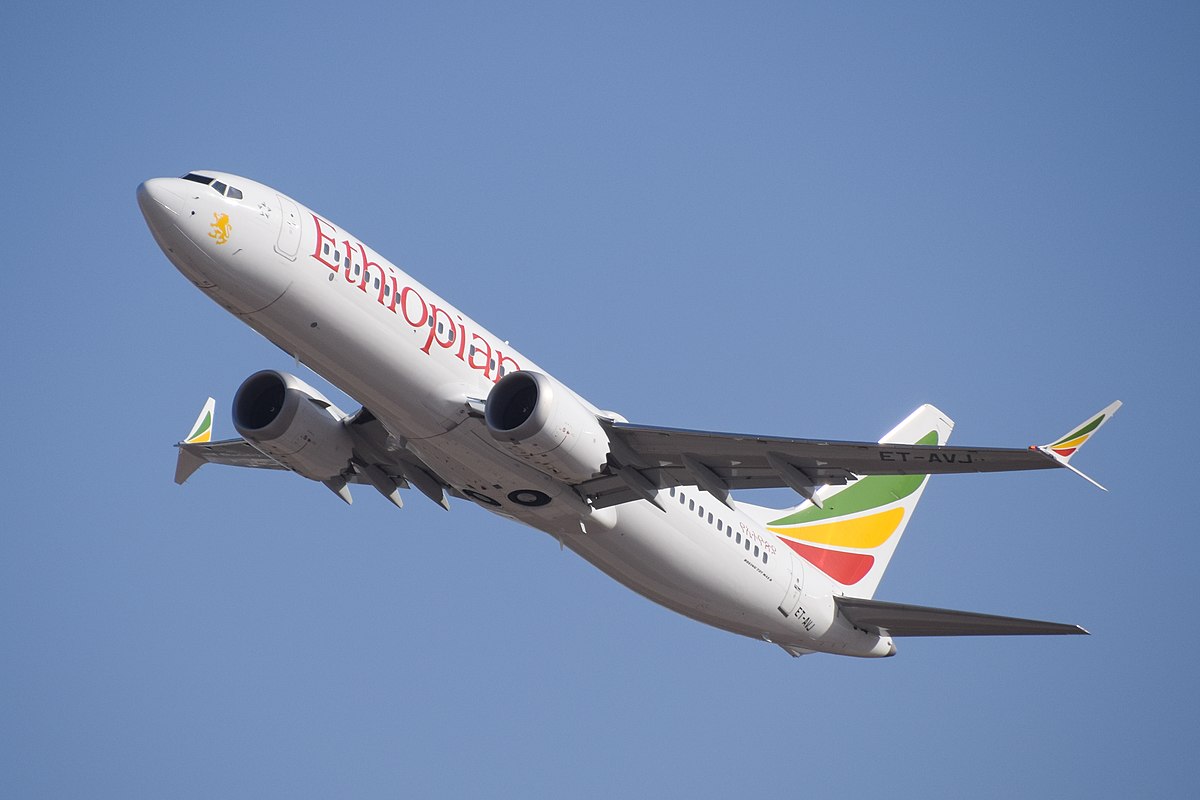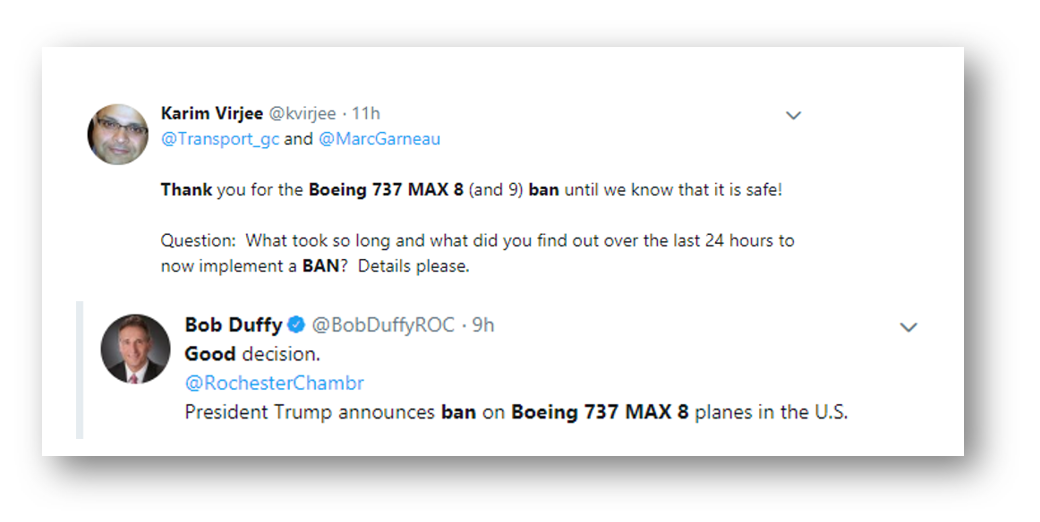An almost global ban on Boeing 737 Max

Many countries across the world have either grounded or placed a ban on Boeing 737 Max airplanes in their airspace. The bans came after one of the planes travelling from Ethiopia to Kenya crashed on March 10, taking the lives of all 157 people on board.
Roughly five months earlier, a plane of similar model owned by Lion Air suffered the same fate, killing 189 in Indonesia. Both aircrafts were not even a year old but crashed just minutes after take-off.
China, a significantly large customer of Boeing aircrafts, was the first country to ground Boeing 737 Max planes in their vicinity, with a total of almost 100 airplanes affected.
China’s Aviation Agency cites the similarity of the problems faced during take-off for both crashes over the past months as their reason to ground all Boeing 737 Max planes.
What followed over the next couple of days were countries from across the globe placing bans or grounding the Boeing 737 Max planes.
The lists of countries which are now part of the ban include: Australia, Bermuda, Brazil, Canada, China, Columbia, Egypt, Ethiopia, EU countries, Fiji, Hong Kong, India, Indonesia, Kazakhstan, Kuwait, Malaysia, Mexico, Mongolia, New Zealand, Oman, Panama, Turkey, Singapore, Serbia, South Korea, United Arab Emirates, UK, and finally the US, which is the latest country to announce a ban despite being a major user of the Boeing aircraft.
On the Internet, citizens from their respective country are grateful for the ban.


Meanwhile, aircraft manufacturing company, Boeing, stands by their aircraft’s capabilities and stated that they have full confidence in its safety features, calling the groundings and bans an understandable precaution from their customers.
Most examinations about the flights’ point towards its new advanced control system for causing the crashes. Initial investigation on the Lion Air crash suggested that a faulty sensor on the plane’s control system triggered the aircraft to face downward during flight.
As the Boeing 737 Max continue to get heat internationally, we may see more countries placing bans and taking precautionary steps to avoid another disaster.

